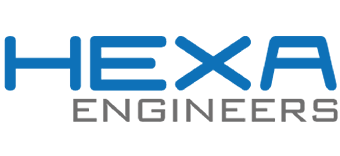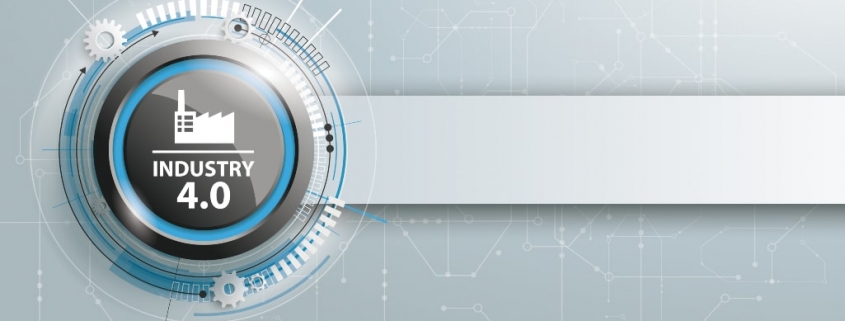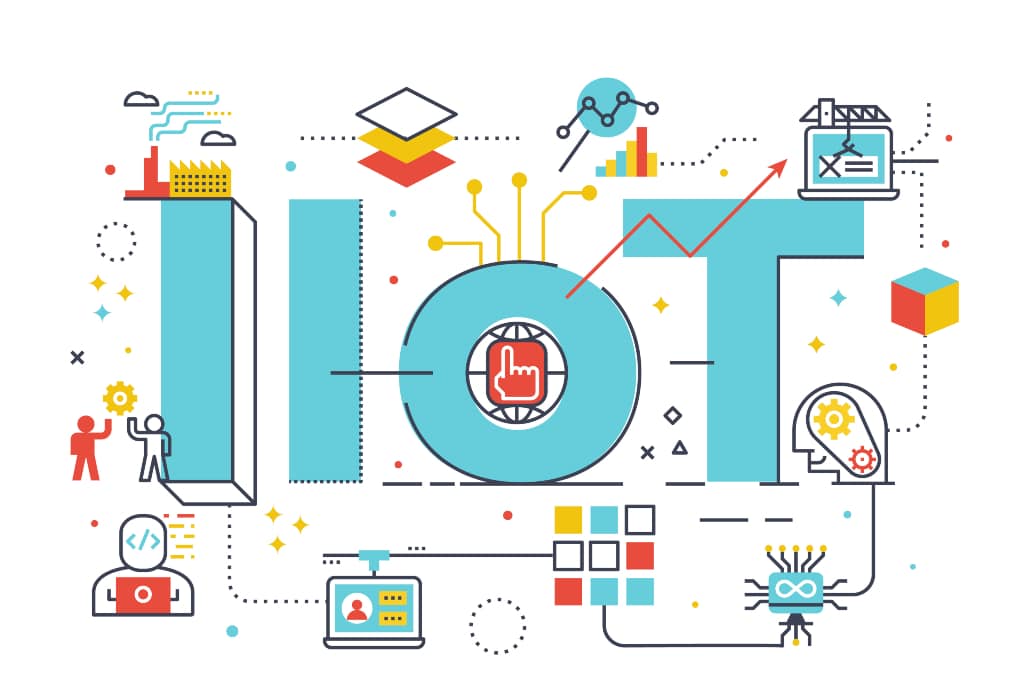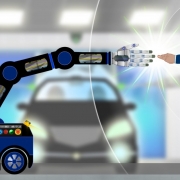Five mistakes not to make when betting on Industry 4.0
Not including the worker in discussions One of the main advances of Industry 4.0 is the digitization of information. However, you should not fall into the error of believing that these new technologies will make the tasks that humans perform disappear. In fact, it is important to always place the worker at the center of any automation and computerization process. Since the worker is very often the end user of a software or solution, it is important to include them in discussions. Human intelligence is essential to operate and monitor new production tools, no matter how sophisticated. As a result, by taking into account the specificities and requirements of the workers, this allows them to update themselves, placing them among the fundamental elements of the business strategy. Industry 4.0 is also synonymous with valuing employees by evolving their tasks and roles towards high value-added missions.
Not allowing software, machines, and robots to communicate with each other
In the field of industry, the interaction of connected equipment without human intervention is developing at high speed. In a smart factory, all devices and software must cooperate. In fact, it is important that all systems are connected to each other. The inability to communicate can interfere with the production process. As well as that one of the crucial challenges of Industry 4.0 is to provide reliability, productivity and time savings. As a result, this 4.0 factory must ensure that its production site communicates machines with software and robots. The idea is to make the work process faster and more flexible. It must be taken into account that the arrival of the Internet of Things gave rise to a set of disciplines such as Machine to Machine (M2M) that brings together different information exchange technologies that allow machines to communicate with each other without human intervention.









